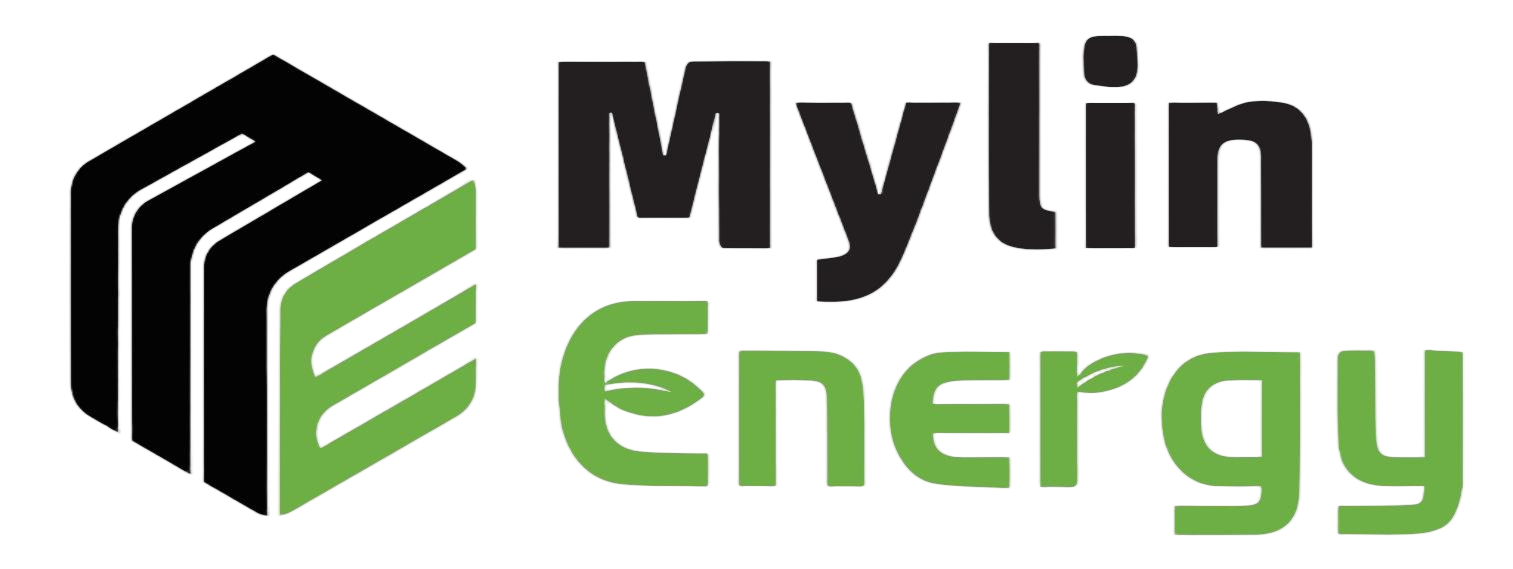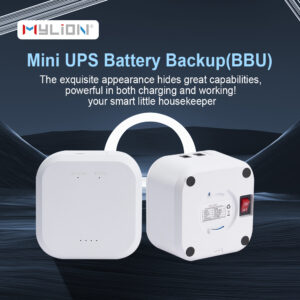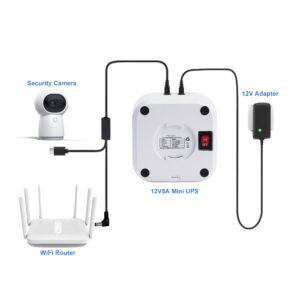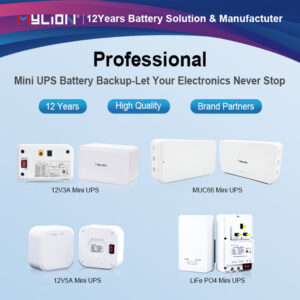In the modern world of increasingly advanced electronic devices, the demand for high-performance, lightweight and energy-efficient power sources has grown significantly. LiPo battery (lithium polymer battery) technology has become one of the most popular and reliable solutions for a variety of applications, including consumer electronics, electric vehicles, drones and medical devices. The unique characteristics of LiPo battery technology make it a preferred choice over traditional batteries such as nickel-cadmium (NiCd) and nickel-metal hydride (NiMH).
This article explores the benefits and key features of lithium polymer battery technology, examining its role in different industries and its impact on the future of energy storage.

1.Understanding Lithium Polymer Battery Technology
Lithium polymer battery is a rechargeable lithium-ion battery that uses a polymer electrolyte instead of a liquid electrolyte. This structural difference makes lithium polymer battery technology safer, lighter, and more adaptable to different shapes and sizes than traditional lithium-ion batteries.
The key components of lithium polymer batteries include:
Positive electrode (cathode): Usually made of lithium cobalt oxide (LiCoO2) or other lithium-based materials.
Anode: Made of carbon or graphite materials.
Electrolyte: A solid or gel-like polymer that allows lithium ions to move between the cathode and anode during charging and discharging.
Separator: A thin film that prevents short circuits between electrodes while allowing ions to flow.
With its unique chemistry and flexible design, lithium polymer battery technology has revolutionized the way portable electronic devices and energy storage systems operate.
2.Advantages of LiPo Battery Technology
Lightweight and Compact Design
One of the most notable advantages of LiPo battery technology is its lightweight nature. Unlike traditional cylindrical lithium-ion batteries, LiPo battery cells can be manufactured into ultra-thin and flexible shapes, making them ideal for compact devices such as smartphones, tablets, and wearable electronic devices.
In industries such as aviation and robotics, where weight reduction is critical, LiPo battery packs offer a perfect balance between power and weight, ensuring optimal performance without adding unnecessary bulk.
High Energy Density
The energy density of lithium polymer battery technology is significantly higher than other rechargeable batteries. This means that LiPo battery cells can store more power in a smaller size, making them very efficient in applications that require long-term energy storage.
For example, drones and remote-controlled cars benefit from the high energy density of LiPo battery packs, allowing them to operate longer on a single charge without increasing overall weight.
Fast Charging Capability
Compared to traditional NiMH or lead-acid batteries, LiPo battery technology supports faster charging times. Many LiPo battery packs can be fully charged in less than an hour, making them ideal for high-demand applications that need to minimize downtime.
This feature is particularly useful in the electric vehicle industry, where fast-charging LiPo battery systems help reduce charging times and improve the overall efficiency of electric vehicles.
Low Self-Discharge Rate
Unlike older battery technologies that lose charge when not in use, LiPo battery cells have a low self-discharge rate. This means that even if a device is not in use for a long time, the LiPo battery will retain most of its charge, ensuring reliable performance when needed.
This feature makes LiPo battery solutions ideal for emergency backup power systems, remote sensors, and medical devices that need to retain charge for long periods of time.
Flexible Form Factor
Traditional cylindrical or prismatic batteries have fixed dimensions, limiting their use in uniquely shaped electronic devices. LiPo battery packs, on the other hand, can be manufactured in custom shapes and sizes to meet the exact requirements of the product.
This flexibility allows LiPo battery technology to be used in modern gadgets such as foldable smartphones, ultra-thin laptops, and even innovative wearable devices such as smartwatches and fitness trackers.
High discharge rate for power-hungry applications
Another big advantage of LiPo battery technology is its ability to deliver high discharge rates, making it ideal for power-hungry applications. Many RC models, electric skateboards, and drones require quick bursts of power, and LiPo battery packs can provide the necessary energy without voltage drop.
This feature also extends to professional photography equipment and power tools, where high-performance LiPo battery solutions ensure a steady power output for demanding applications.
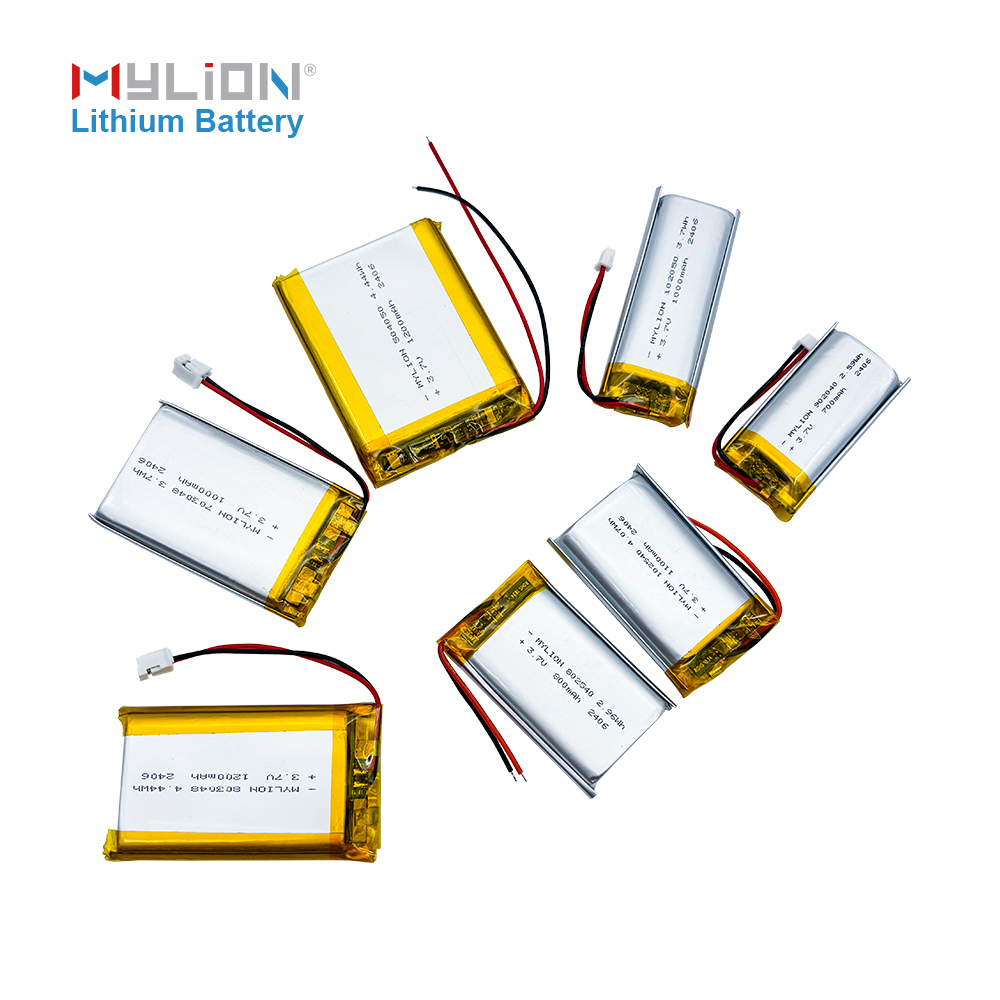
- Applications of LiPo Battery Technology
The widespread adoption of LiPo battery technology is due to its advantages in multiple industries. Some of the most notable applications include:
Consumer Electronics
From smartphones to laptops, LiPo battery packs are the first choice for modern electronic devices due to their lightweight design and high energy density. Many leading technology companies use LiPo battery technology to extend the battery life and portability of their products.
Drones and Unmanned Aerial Vehicles
Drones and Unmanned Aerial Vehicles (UAVs) rely on LiPo battery packs for extended flight time and efficient power delivery. The lightweight nature and high discharge rate of LiPo battery solutions make them ideal for aerial photography, surveillance, and commercial drone applications.
Electric Vehicles (EV) and E-Bikes
Many electric vehicles and e-bikes now use LiPo battery technology to improve energy efficiency and extend driving range. The fast charging capability and high power output of LiPo battery packs contribute to the growing popularity of sustainable transportation.
Medical Devices
Portable medical devices such as heart monitors, infusion pumps, and hearing aids benefit from the reliability and long battery life of LiPo battery solutions. Its compact design and stable power output make it an excellent choice for healthcare applications.
Power Tools and Robotics
Industrial robots, automation systems, and high-performance power tools require durable and energy-efficient batteries. The high discharge rate and durability of lithium polymer battery technology ensure seamless operation in industrial and manufacturing environments.
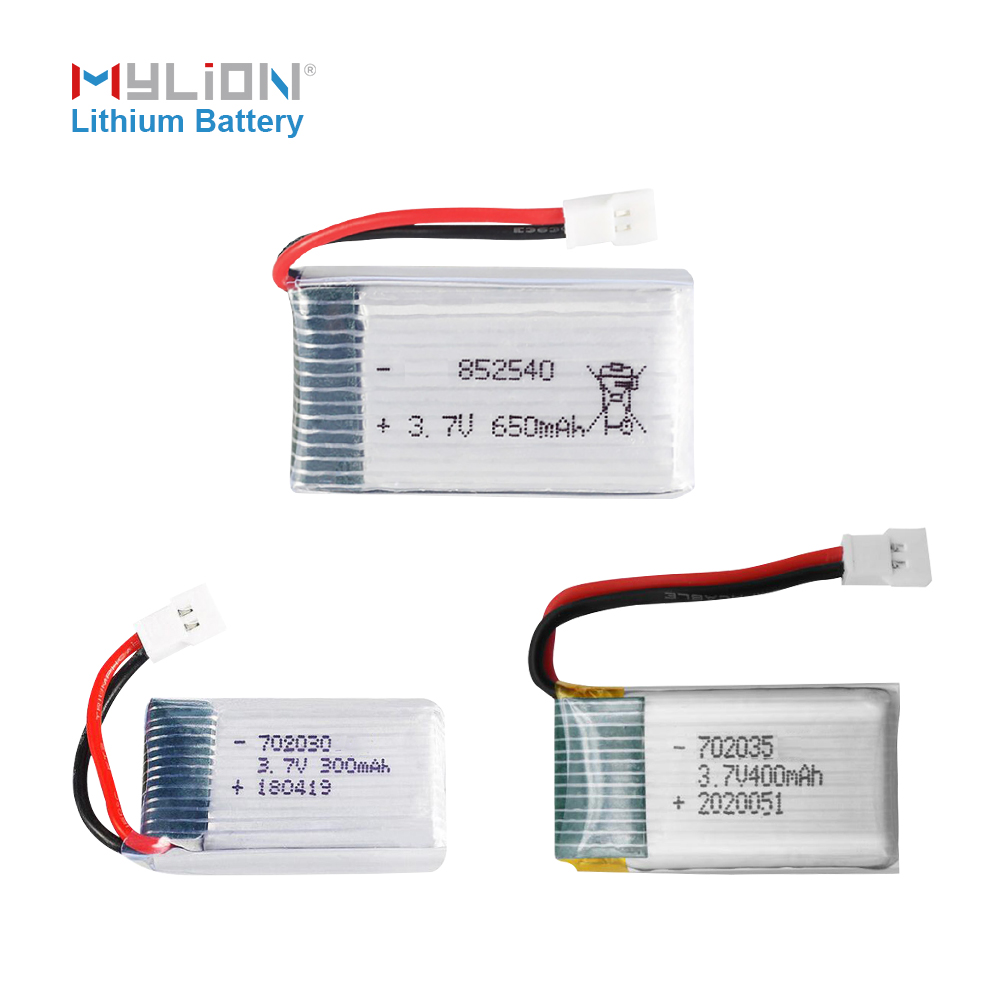
Conclusion
The benefits and key features of LiPo battery technology make it a game changer in the energy storage space. With its lightweight design, high energy density, fast charging capabilities, and flexible form factors, LiPo battery solutions are widely used in consumer electronics, drones, electric vehicles, medical devices, and many other applications.
The future of portable power storage looks bright as innovations continue to improve the performance of LiPo batteries. Whether for everyday use or high-performance applications, LiPo battery technology remains at the forefront of modern energy solutions, driving advancements in efficiency, sustainability, and convenience.
